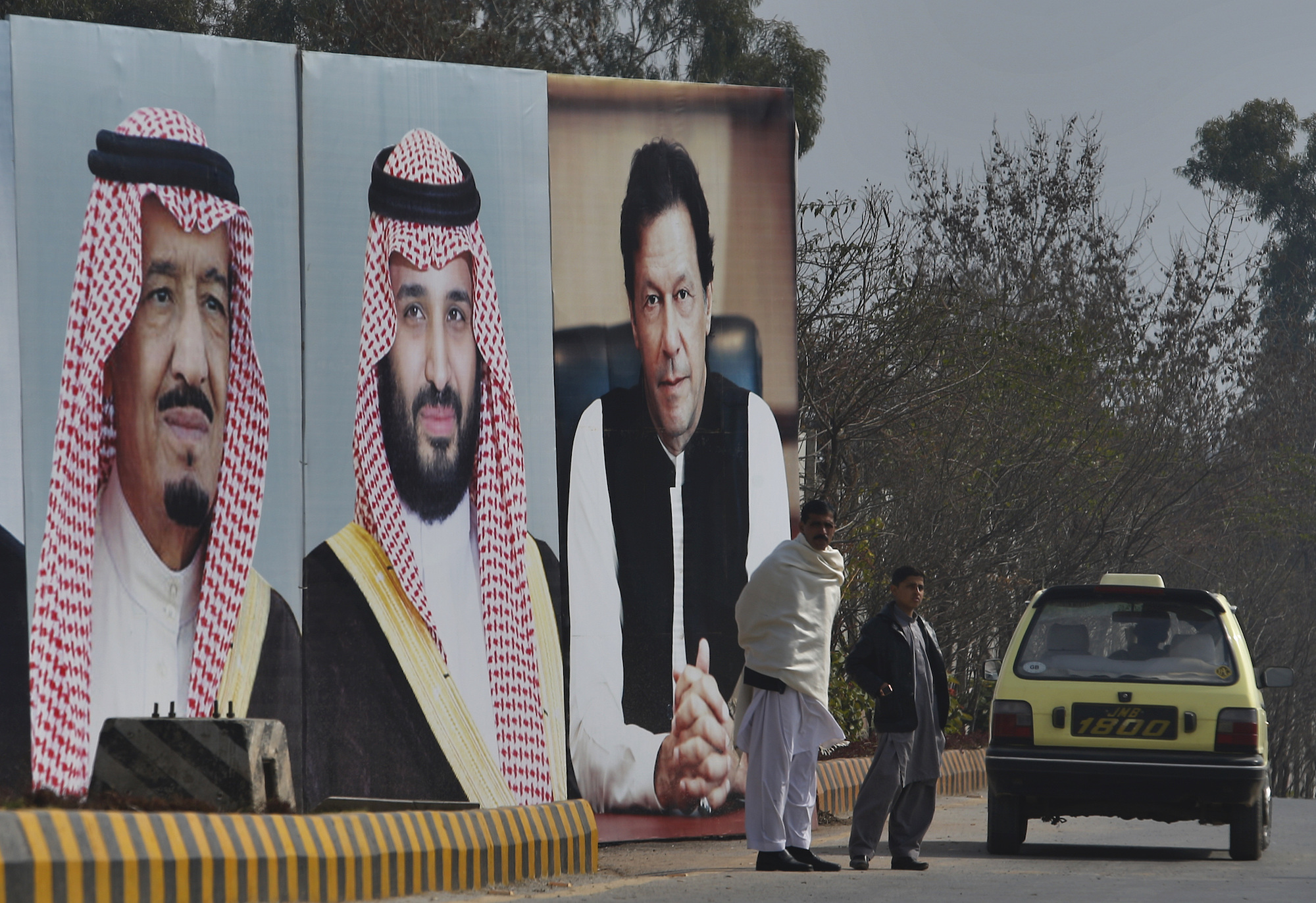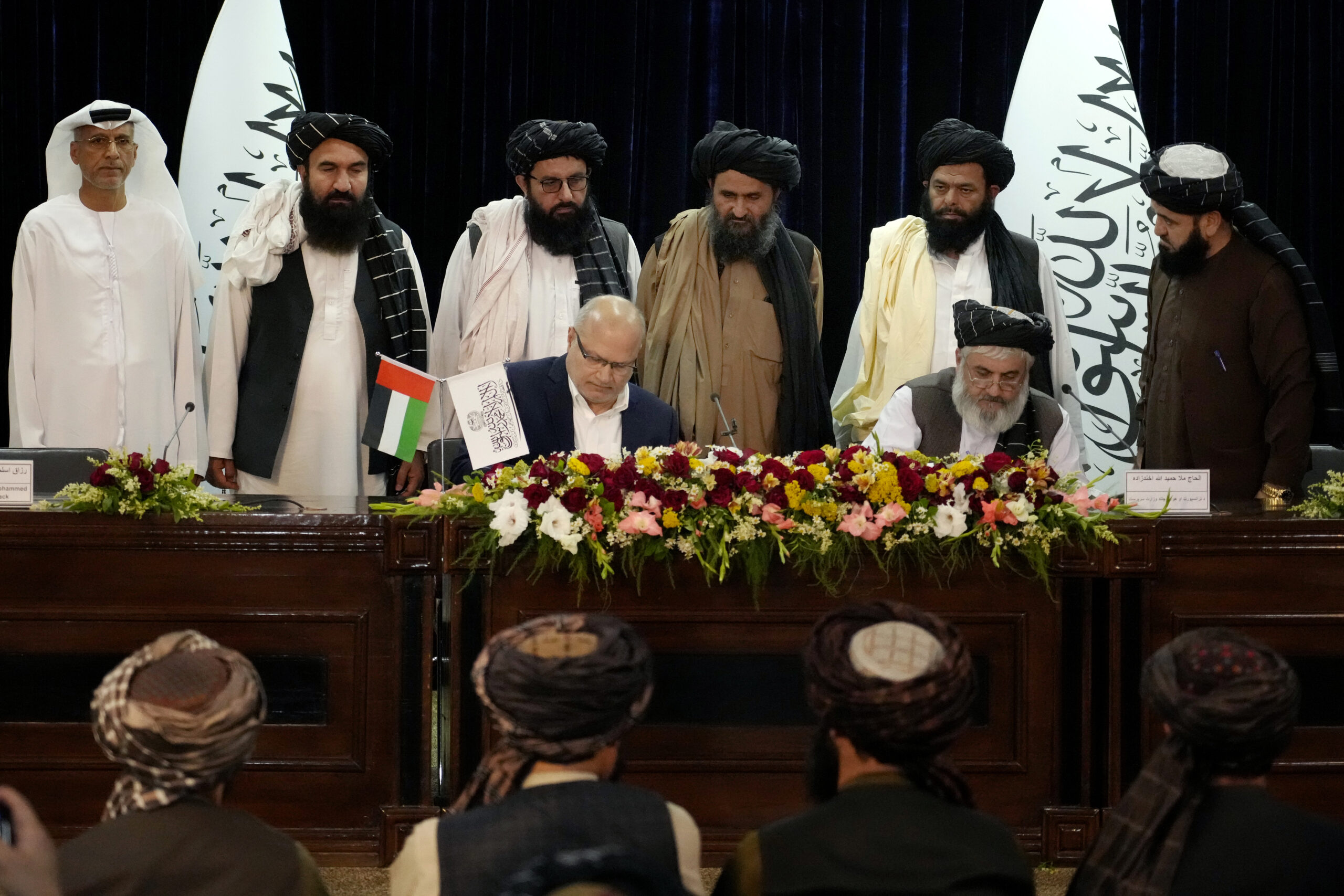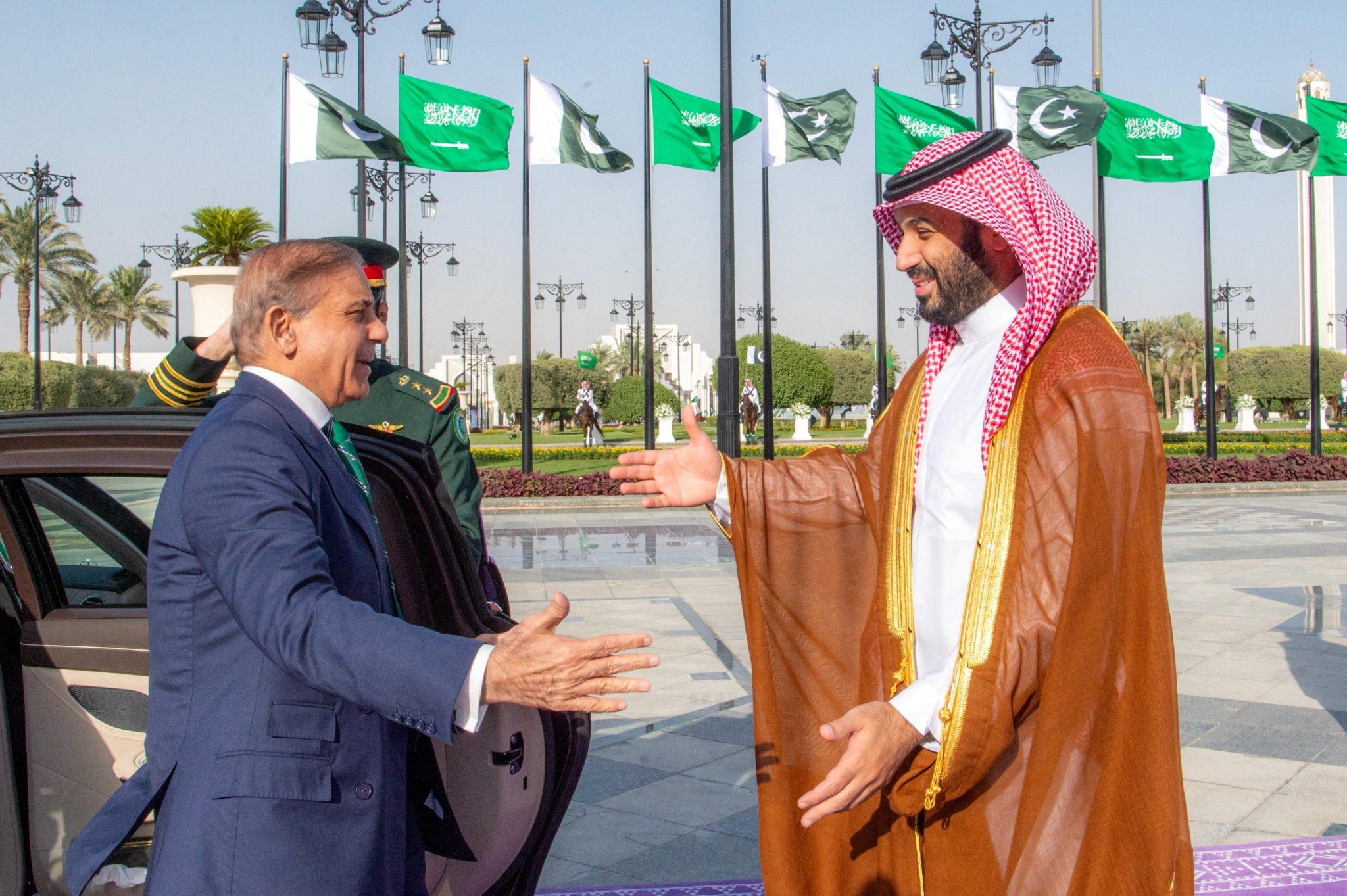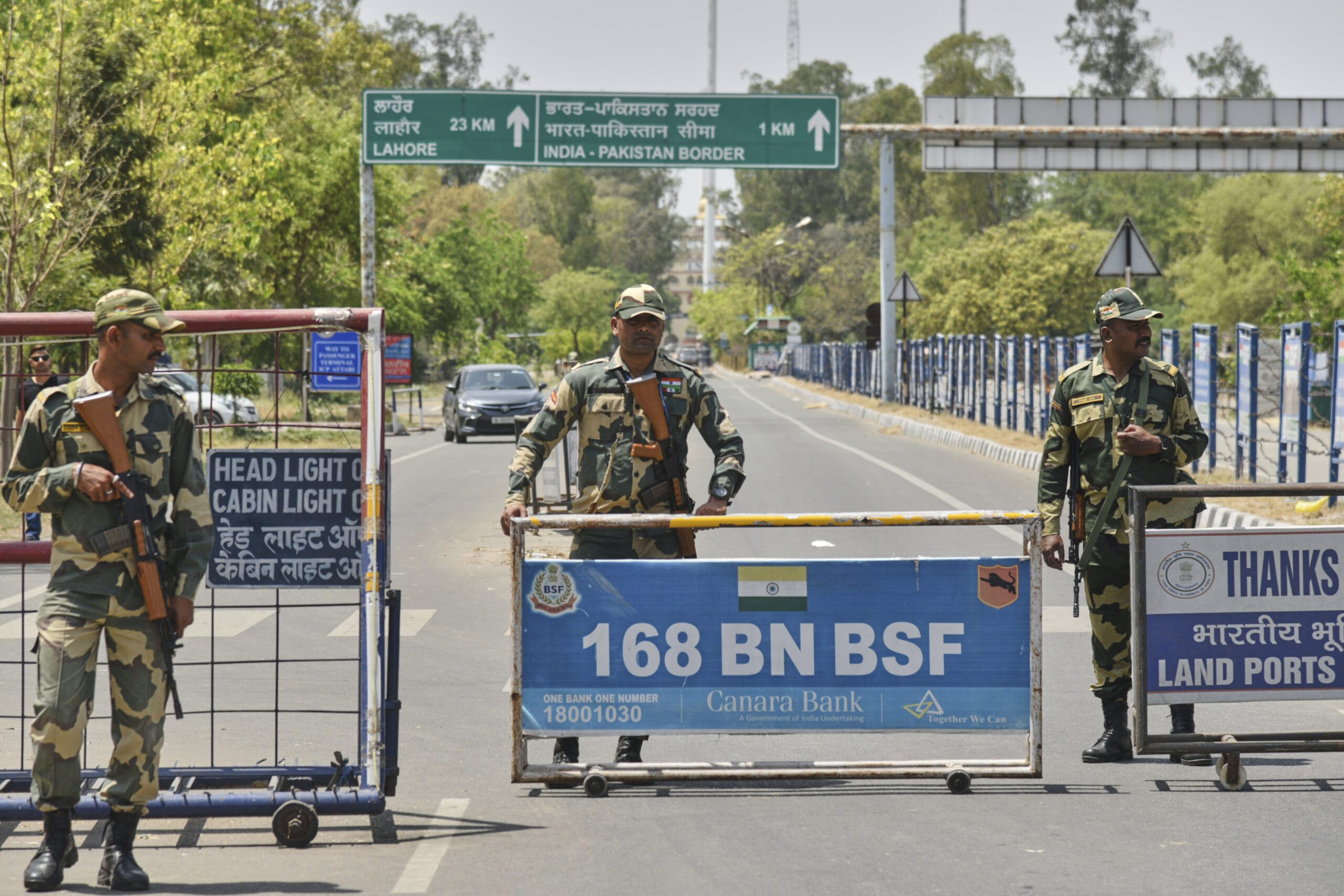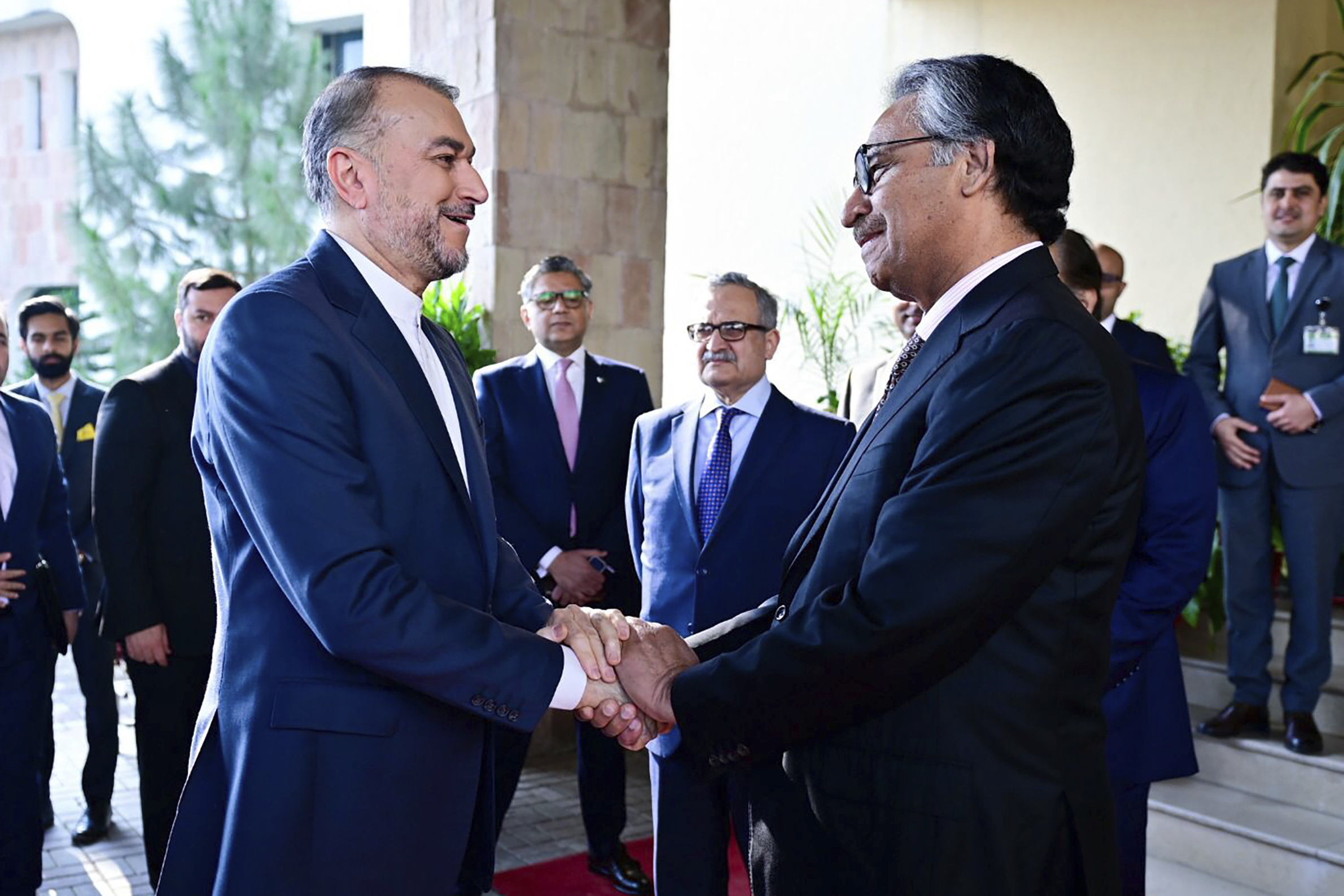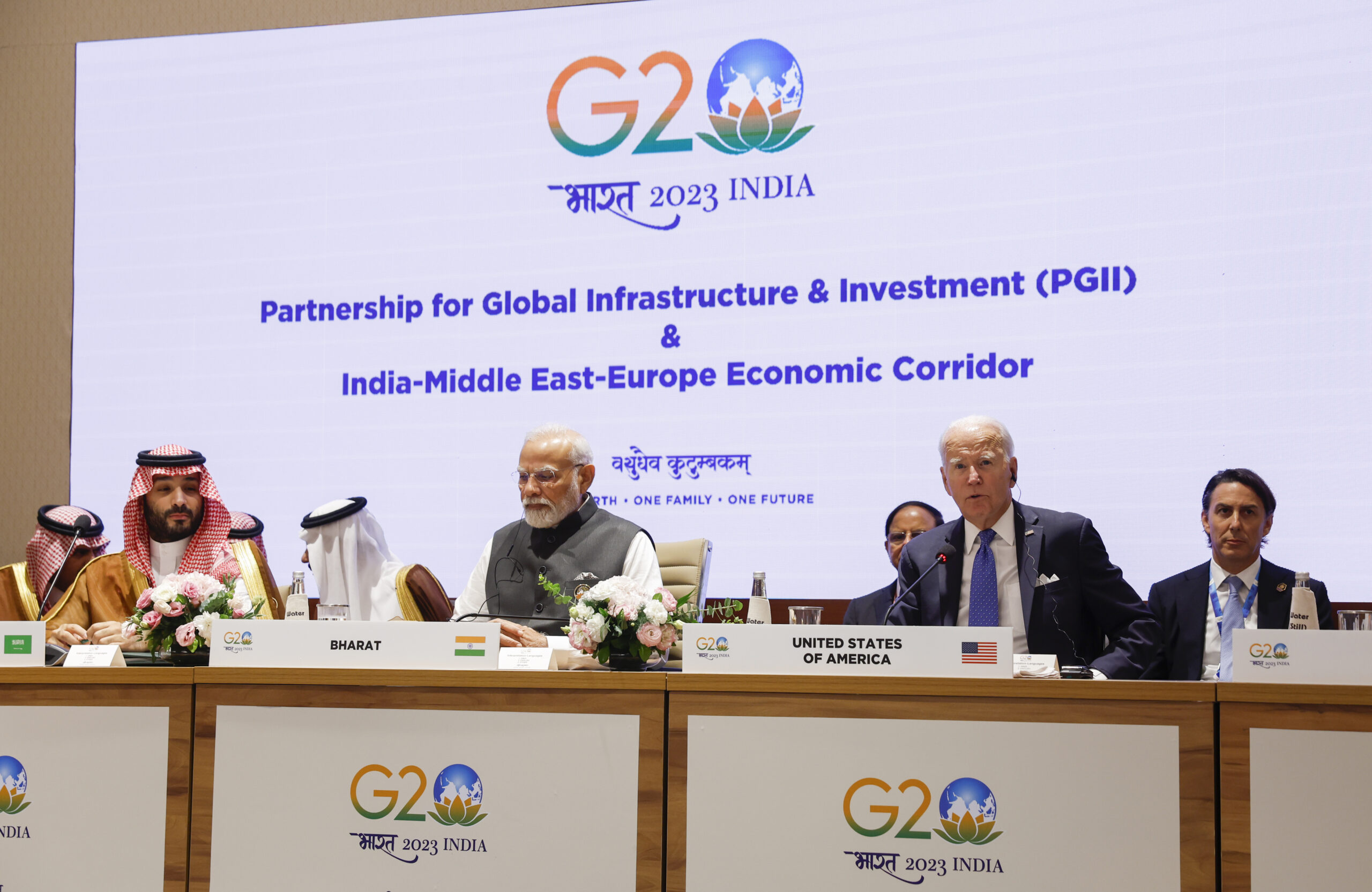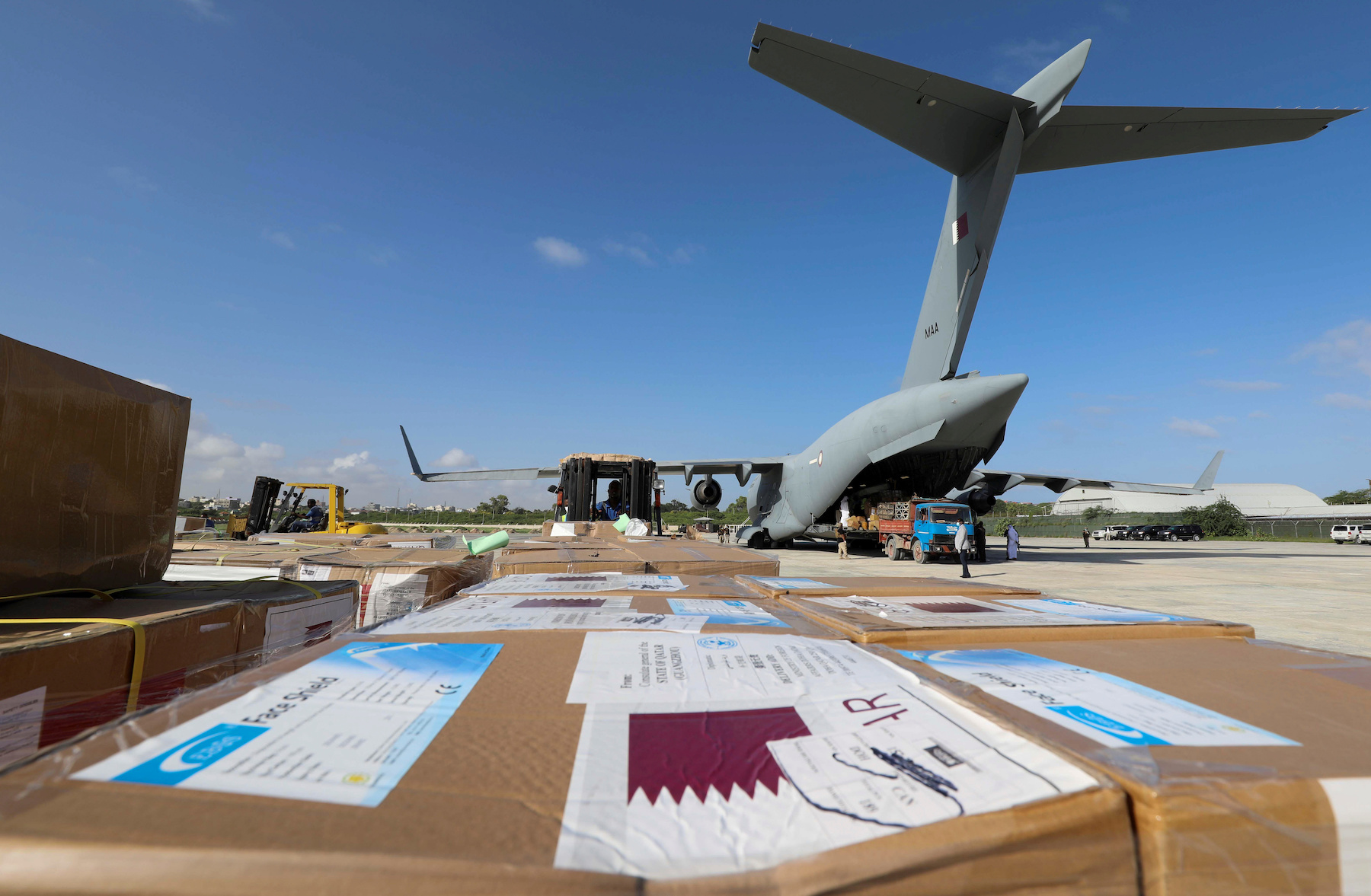Pakistan’s Economic Woes Drive Defense Diplomacy With Saudi Arabia
Pakistan hopes enhanced security ties with the Saudis will win it financial support. Cash-strapped Pakistan may have little choice but to hold out the possibility of a strategic defense partnership with Saudi Arabia.
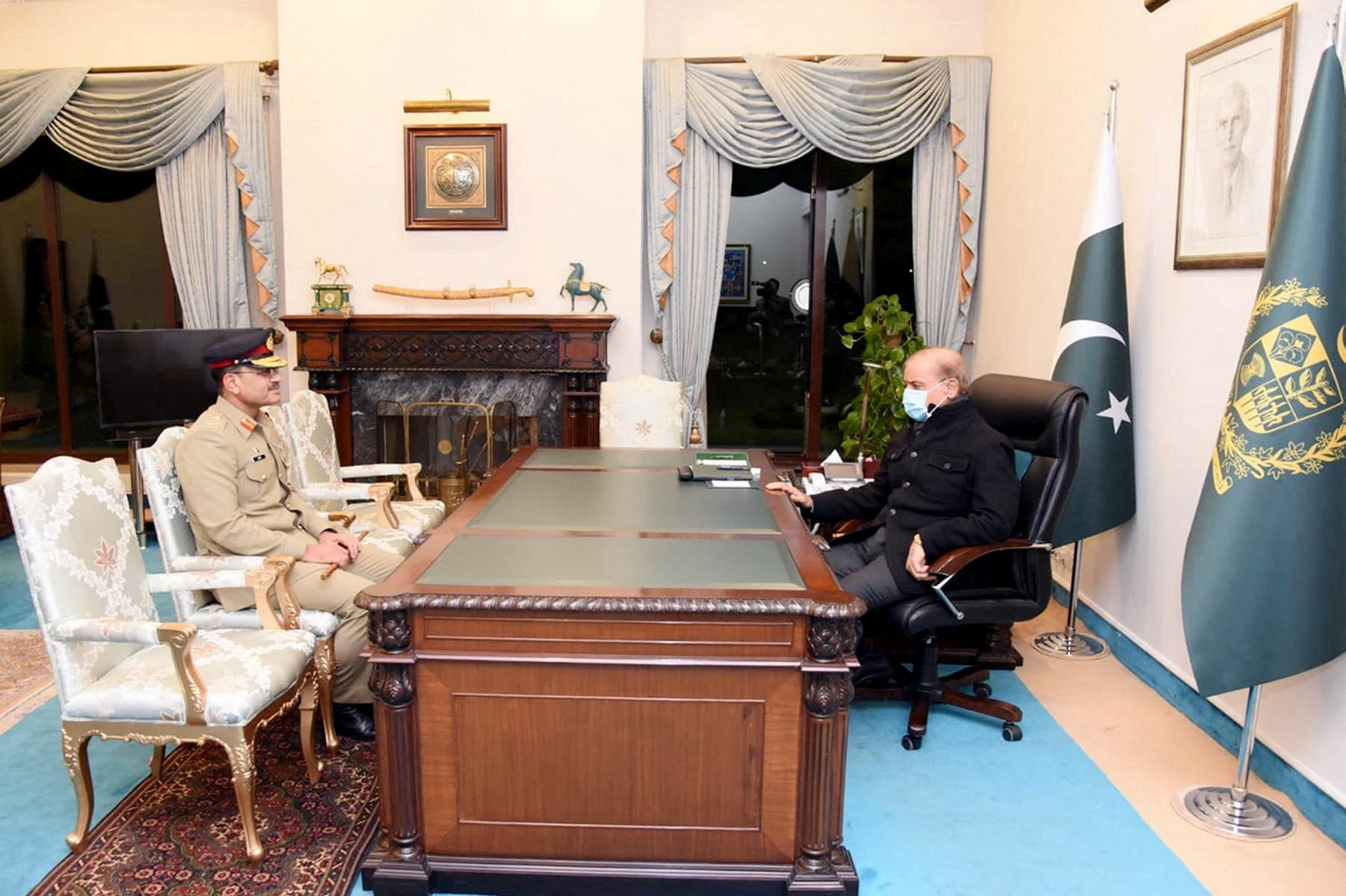
In January, Pakistan’s new army chief embarked upon his maiden trip to Saudi Arabia. With political instability in Pakistan showing no sign of abating and the economy on the edge of default, Pakistan’s civil-military elites are making a new effort to woo Saudi financial support. However, a shift in the kingdom’s aid policy may force Pakistan to up its contribution to security ties.
Historically, the Saudi-Pakistani relationship has been built on a shared strategic and security outlook, Pakistan’s financial dependence on Saudi Arabia, and strong interpersonal ties between Saudi and Pakistani elites. The bilateral relationship was at a high point during the 1980s, as the two countries took similar positions on Afghanistan. However, with the end of the Cold War, Pakistan’s strategic relevance for Saudi Arabia began to decline. Still, their strategic convergence on Afghanistan and a mutual aversion to Iran’s role there helped stabilize the relationship. Moreover, ties between Pakistan’s civil-military elite and the Saudi royal family remained a vital source of the relationship’s strength.
Strategic Dissonance and the Irrelevance of Interpersonal Ties
After General Pervez Musharraf, who was a key Saudi ally, resigned in 2008 facing impeachment, the interpersonal dynamic in Saudi-Pakistani ties started to evaporate. Relatively pro-Iranian political parties, such as the Pakistan Peoples Party, were empowered, and political players without interpersonal baggage vis-à-vis Saudi Arabia emerged, including Imran Khan, who served as prime minister from 2018-22. Moreover, traditional methods of politicking, cultivating influence, and building narratives were rendered outdated by the rapid rise of digital and social media. As a result, even political and religious figures who harbored deep ties with Saudi Arabia found it difficult to publicly align with the kingdom. This was made clear when the Pakistani Parliament voted against joining the 2015 Saudi-led intervention in Yemen. The Yemen episode, the 2017 Gulf rift with Qatar, and the Saudi reaction to growing tensions between India and Pakistan all revealed increased dissonance between Saudi Arabia and Pakistan on critical foreign policy issues.
Furthermore, as Saudi Arabia’s relationship with India has expanded, reaching the level of a strategic partnership, Pakistan has looked to develop more constructive ties with Iran. This has contributed to the gradual decline of the strategic component of Saudi-Pakistani relations, eroding the “special relationship.”
Changes within the Saudi political fold, particularly the rise of Crown Prince Mohammed bin Salman, not only signaled a generational shift in Saudi politics but also revolutionized Saudi statecraft. Mohammed bin Salman’s foreign policy outlook prioritizes strategic objectives and geopolitics, making personal relationships less important. Amid these developments, the defense diplomacy of two consecutive Pakistani army chiefs was instrumental in preserving the relationship, first in the aftermath of the contentious Yemen debate in Pakistan’s Parliament and later when Pakistan’s foreign minister criticized Saudi Arabia in 2020 for its lack of support after India’s move in August 2019 to annul the special status of Kashmir. Engagement between Pakistan’s security elites and Saudi royals was also critical in securing a $3 billion Saudi financial aid package for Pakistan in 2021.
Notably, since Khan’s removal from office in 2022, Pakistan has been led by the relatively pro-Saudi government of Prime Minister Shehbaz Sharif. Despite Sharif’s multiple visits to Saudi Arabia, the critical support of Pakistan’s influential former military chief, General Qamar Javed Bajwa, and also positive Saudi signaling, Sharif’s government has been unable to obtain another aid package from the kingdom. The only consolations for Pakistan have been an agreement on a $1 billion oil facility to defer payments for 10 months financed by the Saudi Fund for Development and a Saudi agreement to rollover the kingdom’s existing $3 billion deposit to Pakistan’s central bank.
Saudi Arabia’s reticence may in part be explained by a recent decision to stop giving unconditional direct grants or deposits to allied states and instead work alongside multilateral institutions to help these countries implement fiscal reforms. This suggests that Pakistan’s days of receiving no-strings-attached financial bailouts are over and personal ties between ruling cadres on both sides won’t factor into decision making regarding assistance any longer. For a new Saudi aid package, Saudi Arabia wants Pakistan to recommit itself to implementing the International Monetary Fund’s economic reform program and improve governance. What remains, then, is the security element of the Saudi-Pakistani relationship, which has been a source of strength for bilateral ties for decades.
The Changing of the Guard in Pakistan’s Military
Pakistan’s new army chief, Lieutenant General Syed Asim Munir, was deployed to Saudi Arabia as a young officer and accompanied Pakistan’s civil and military leadership on trips to Saudi Arabia as the director general of the powerful Inter-Services Intelligence agency, which gave him a thorough understanding of the key issues in the relationship. Given Munir’s background, it is unsurprising that he visited the kingdom on his first trip overseas. The new army chief is apparently continuing his predecessors’ defense diplomacy with the Gulf Arab states in a bid to secure financial assistance, particularly from Saudi Arabia and the United Arab Emirates. Asim’s effort may succeed if Pakistan is readmitted to the IMF program and eventually may convince Saudi Arabia to override its new foreign aid approach. But what can Pakistan offer Saudi Arabia in return for its largesse?
Pakistan’s options remain limited. Islamabad already boosted its military presence in Saudi Arabia, deploying troops to the kingdom on a “training and advise mission” in 2018. The role of this contingent is unlikely to change, though its size can be increased. Pakistan also routinely conducts joint exercises with Saudi forces. And even by those standards, there was a significant increase in bilateral security cooperation in 2022, with Pakistan hosting a two-month military drill with Saudi Arabia.
During a January 25 meeting with Saudi military advisor Major General Talal bin Abdullah Al-Otaibi, Pakistan’s defense minister, Khawaja Mohammad Asif, claimed Pakistan and Saudi Arabia are “progressing toward a comprehensive defense relationship” and proposed an “all-encompassing strategic cooperation agreement” between the two countries. Asif’s statement was significant because, other than a 1982 agreement overseeing the deployment of nearly 15,000 Pakistani troops to the kingdom, Riyadh and Islamabad have never signed a defense pact. There has been no comment from Saudi Arabia outside of seeking defense production support from Pakistan, but the two states may be considering formalizing their defense relationship.
Such a development could have implications for regional security, making it easier for Pakistan’s civil and military stakeholders to increase their security engagement with Saudi Arabia without stirring much trouble at home. As negotiations to restore the Joint Comprehensive Plan of Action nuclear deal with Iran remain stalled, security dynamics in the Gulf are becoming even more complex. If a formal pact is signed, the bilateral defense partnership could be extended so that Pakistan and Saudi Arabia share a joint defensive umbrella of strategic deterrence. Cash-strapped Pakistan may want to stay out of this Saudi-Iranian regional security puzzle, but, with little room to maneuver and a deepening economic imbroglio, Pakistan may have little choice but to take its defense partnership with Saudi Arabia to the strategic level.
The views represented herein are the author's or speaker's own and do not necessarily reflect the views of AGSI, its staff, or its board of directors.

